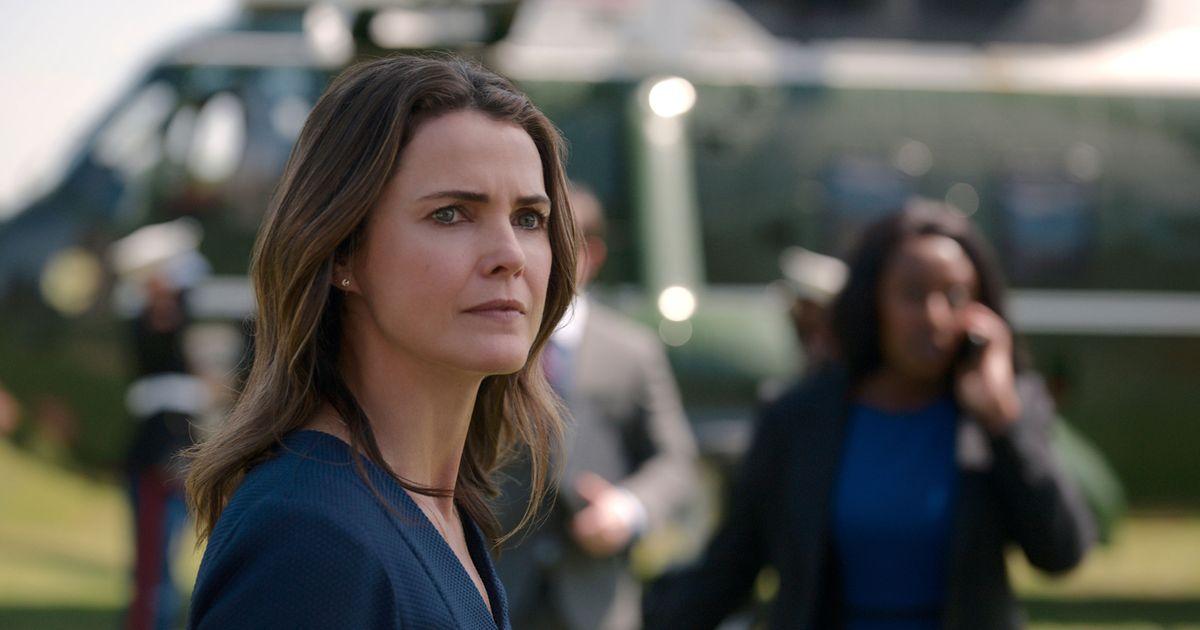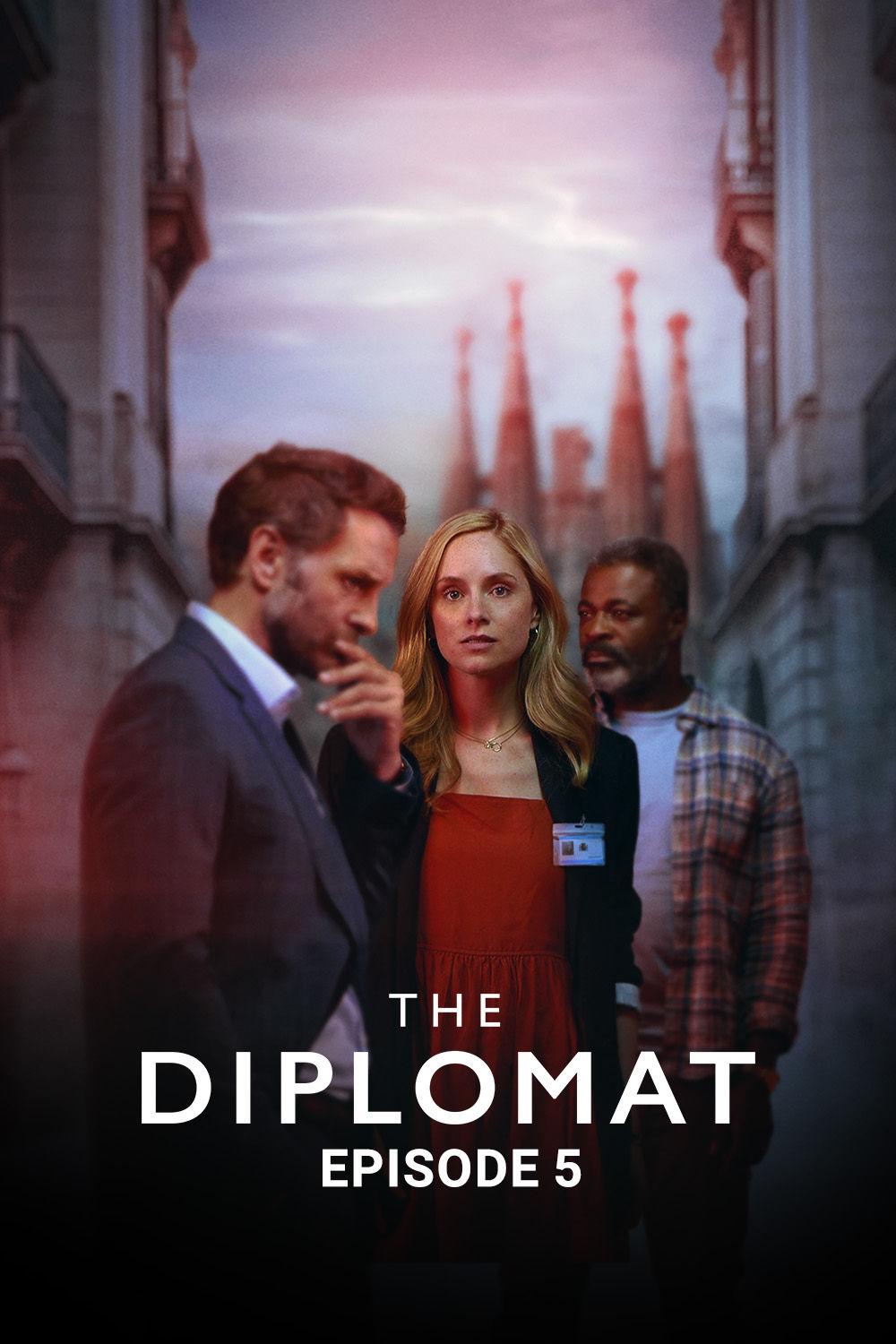In the ever-evolving landscape of global diplomacy, “The Diplomat” has emerged as a compelling narrative that intricately weaves the complexities of international relations with the personal struggles of its characters. Episode 5, titled “International Crises Intensify,” serves as a pivotal juncture in the series, delving deeper into the intricate web of geopolitical tensions that define our contemporary world. This episode stands out not only for its gripping storyline but also for its astute portrayal of the multifaceted challenges faced by diplomats in the face of escalating global conflicts. As the narrative unfolds, viewers are offered a front-row seat to the strategic maneuverings and high-stakes negotiations that underpin the art of diplomacy. This analytical exploration of Episode 5 seeks to unpack the nuanced dynamics at play, offering a comprehensive understanding of how fictional crises mirror real-world international dilemmas and the profound implications they hold for global stability.
Escalating Tensions and Their Global Repercussions
As the international stage becomes increasingly fraught with conflict, the intricate web of alliances and rivalries is under intense scrutiny. The latest developments have seen a dramatic escalation in geopolitical tensions, impacting not only the nations directly involved but also the global community at large. Economic sanctions are being wielded as both a weapon and a shield, leading to significant disruptions in global trade. The ripple effects are being felt across various sectors, from energy markets to technology supply chains. Diplomatic relations are strained, with longstanding treaties being questioned and new alliances forming in response to shifting power dynamics.
- Economic Impacts: Sanctions are causing volatility in global markets, affecting everything from oil prices to consumer electronics.
- Diplomatic Strains: Countries are reassessing their alliances, leading to a reshuffling of international partnerships.
- Military Posturing: Increased military presence in contested regions heightens the risk of conflict.
These developments underscore the interconnectedness of today’s world, where actions in one region can have far-reaching consequences. As global leaders navigate these turbulent waters, the need for strategic diplomacy and cooperation is more critical than ever. The stakes are high, and the outcomes of these crises will likely shape international relations for years to come.

Strategic Diplomacy in the Face of Emerging Threats
In this gripping episode, the art of diplomacy is put to the test as international tensions escalate. The stakes are higher than ever, with emerging threats challenging traditional diplomatic protocols. Strategic diplomacy becomes the linchpin in navigating these complex global crises, demanding a nuanced understanding of geopolitical dynamics and a deft touch in negotiation. As nations grapple with these multifaceted issues, the role of the diplomat evolves, requiring a blend of foresight, adaptability, and resilience.
- Adaptability: Diplomats must pivot quickly in response to rapidly changing situations, employing flexible strategies that account for both immediate and long-term implications.
- Resilience: The ability to withstand pressure and maintain composure is crucial, especially when engaging with adversaries or allies with conflicting interests.
- Foresight: Anticipating potential threats and opportunities allows diplomats to craft proactive measures that can prevent escalation and foster stability.
As the episode unfolds, viewers are offered a window into the intricate dance of international relations, where every move is calculated, and every decision carries weighty consequences. The diplomat’s role is underscored as not just a mediator, but as a strategic thinker, capable of steering the course of global events through intelligent negotiation and informed decision-making.

Analyzing Leadership Decisions During High-Stakes Negotiations
In the intricate world of diplomacy, leadership decisions during high-stakes negotiations can make or break international relations. Episode 5 of “The Diplomat” showcases a vivid portrayal of how leaders navigate through crises, emphasizing the importance of strategic decision-making. Key elements of effective leadership in such scenarios include:
- Decisive Action: Leaders must make timely decisions, balancing the urgency of the situation with the need for comprehensive analysis.
- Clear Communication: Articulating objectives and intentions transparently helps in aligning all stakeholders and minimizing misunderstandings.
- Adaptability: The ability to pivot strategies in response to evolving circumstances is crucial in maintaining a negotiation’s momentum.
Furthermore, the episode illustrates the delicate interplay between power dynamics and diplomatic tact. Leaders are often required to assert authority while simultaneously engaging in collaborative dialogue. This duality is critical in managing tensions and fostering a conducive environment for negotiation. As international crises intensify, the capacity to maintain composure and project confidence becomes indispensable, highlighting the nuanced skill set required for successful diplomatic leadership.

Policy Recommendations for Navigating Complex International Challenges
As international crises intensify, crafting effective policy recommendations becomes paramount. To navigate these complex challenges, a multi-faceted approach is essential. Diplomatic engagement should be prioritized, fostering dialogue among conflicting parties to build mutual understanding and reduce tensions. Economic incentives can be leveraged to encourage cooperation, providing a framework for sustainable development and conflict resolution. Additionally, multilateral coalitions can amplify the efforts of individual nations, ensuring a unified response to global threats.
- Strengthen diplomatic channels: Encourage open communication and negotiation to prevent escalation.
- Promote economic collaboration: Utilize trade agreements and financial aid to support stability.
- Enhance intelligence sharing: Facilitate information exchange to preempt and address emerging threats.
- Invest in capacity building: Support local governance and infrastructure to empower communities.
By integrating these strategies, policymakers can better manage international crises, ensuring a more stable and secure global environment. This approach not only addresses immediate challenges but also lays the groundwork for long-term peace and prosperity.


